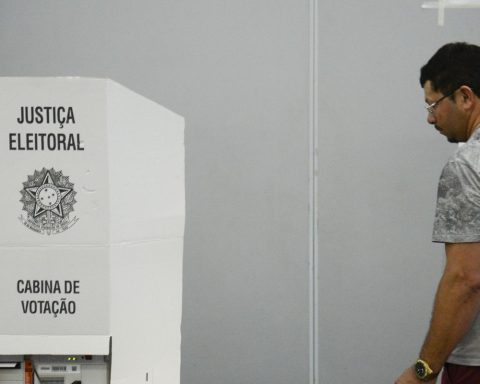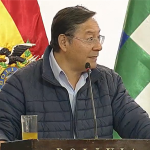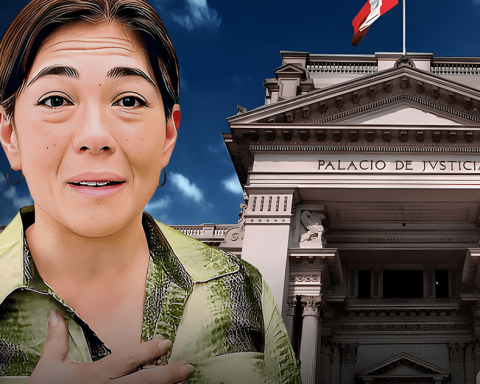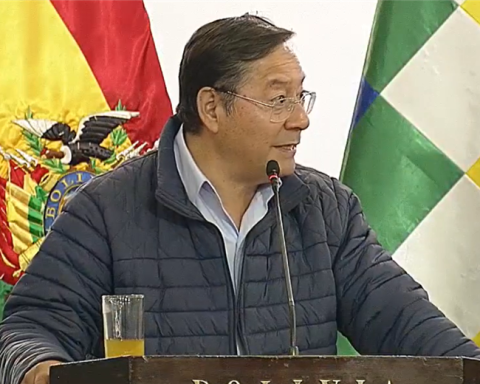The servants of the Federal Executive Branch will to have salaries readjusted, linearly, by 9%. Meal allowances increased by 43.6%, equivalent to R$200, from the current R$458 to R$658. The increases take effect on May 1, Labor Day.
The term of the agreement (nº 1/2023) was signed at an event, on the morning of this friday(24th), in Brasilia, after the servers federations accept readjustment proposalon the 17th.
The Minister of Management and Innovation in Public Services, Esther Dweck, explained why the readjustment of food aid was not even greater.
“In the case of food aid, there is a lock in the Budgetary Guidelines Law, where you can only readjust an amount considering accumulated inflation. We know that there is still a gap in relation to the other powers, but it is a significant moment for those who have not readjusted the benefit for a long time. It is money that arrives, mainly, for those who earn less.”
The estimated cost of the readjustments to the public coffers will be R$ 11.2 billion and, to guarantee the payment of the readjustments, the federal government will send a bill to the National Congress to amend the General Budget of the Union for 2023. The Secretary of Management of People and Labor Relations, Sérgio Mendonça, recalled the negotiation.
“We managed to reach this agreement with the representative entities of federal public servants, in three rounds. No one leaves a deal 100% happy, neither one side nor the other. So, this was the possible agreement given the budget available at the end of 2022.”
The Secretary General of the Presidency of the Republic, Márcio Macêdo, celebrated the return of the National Permanent Negotiating Table, closed in 2016.
“There are six years of complete absence of dialogue and negotiation. The new moment will demand a lot of responsibility, patience, dialogue from us to fulfill our mission of rebuilding the country”.
The Minister of Health, Nísia Trindade, also a career civil servant, participated in the event today. She highlighted that women represent 70% of employees in the health sector and also defended the discussion of the payment of the National Nursing Floor for nurses and nursing technicians.
Servers
The ceremony was also attended by entities representing civil servants, who commemorate the resumption of dialogue between the federal government and civil servants.
The president of the Permanent National Forum of Typical State Careers (Fonacate), Rudinei Marques, defined the salary negotiation process as “the fastest in the history of the Federal Public Service”.
“This round marked the resumption of dialogue with the Brazilian public service, the resumption of civility in labor relations, dialogue and respect for 12 million active Brazilian public servants, retirees and pensioners.”
Central inter-union representative Helenira Vilela began her speech by quoting Bruno Pereira, a career employee of the National Indian Foundation (Funai), who was murdered in June 2022, in the Javari Valley: “Bruno is present! Htoday and always.”
She demanded the regulation of Convention 151, of the International Labor Organization (ILO), which deals with the right of public administration workers to unionize.
“We need to move forward on the regulation of the possibility of collective bargaining by public servants. Because we even have to go on strike to win the right to negotiate”.
According to the signed agreement, the Ministry of Management and Innovation in Public Services will also ask the National Congress to withdraw the Proposed Amendment to the Constitution (PEC) 32/2020, which deals with administrative reform with forecast changes in the rules for future civil servants and for organizing public administration.
The president of the National Union of Teachers of Higher Education Institutions (Andes-SN), Rivânia Moura, took a stand against PEC 32 and has already anticipated the discussion of the 2024 salary schedule.
“It is fundamental not to submit this agenda to the fiscal adjustment, the fiscal anchor or whatever determines the fiscal limit for the next period. We cannot be hostage to the fiscal adjustment”, said Rivânia, adding: “without us, the State does not work. We are the ones who serve the population of the most diverse corners of our country”.


















